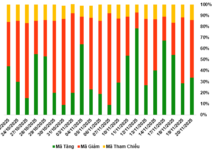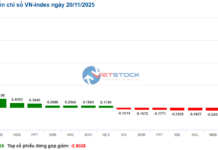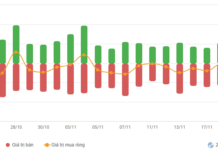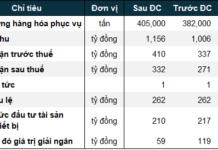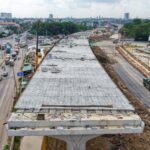Real estate and construction contribute nearly 10% of GDP of the economy
Real estate is one of the leading economic sectors, making a significant contribution to the national budget and accounting for a considerable proportion of the total domestic product for a country. According to Mr. Can Van Luc – Member of the Financial and Monetary Policy Advisory Council of the National Finance Ministry, real estate plays a major role in the economy when it is related to 35 industries and sectors with a spillover coefficient of 0.5 – 1.7 times. Real estate is one of the top 20 primary industries, ranking 9th in terms of value. The real estate and construction business sector also contributes nearly 10% of GDP.
“The spillover effect of real estate to other industries is significant. Real estate has a spillover effect on at least 4 major industries: the hotel industry, the financial and banking sector, construction, and other sectors. Among them, I would like to emphasize the vital connection between the 4 markets: banking, securities, insurance, and real estate. If there is a problem in one of these 4 sectors, it will affect other industries and have a tremendous impact on the economy”, Mr. Luc emphasized.
Because of the important role of real estate in the economy, the government has continuously made efforts to resolve the difficult situation in the real estate market. In the past 2 years, the Prime Minister has given many directions and decisions to establish Interagency Task Forces to review, urge, and guide the resolution of difficulties and obstacles in implementing real estate projects for localities and businesses, in order to revive the market, ensure stable and healthy development of the real estate market.
In addition, the Prime Minister also requested the Ministry of Construction to guide real estate businesses to restructure their segments and lower product costs. There must be appropriate, timely, and effective solutions for restructuring segments for people with real needs, social housing, worker housing, and low-income individuals.
Real estate businesses restructure products for sustainable development
In compliance with the Prime Minister’s directions, real estate businesses are currently restructuring, reducing investments in projects to avoid capital shortages and maintain a steady flow of capital. Many businesses are focusing on investing in projects that are about to be completed and selling products at reasonable prices while strengthening legal procedures to bring projects to the market to balance supply and demand.
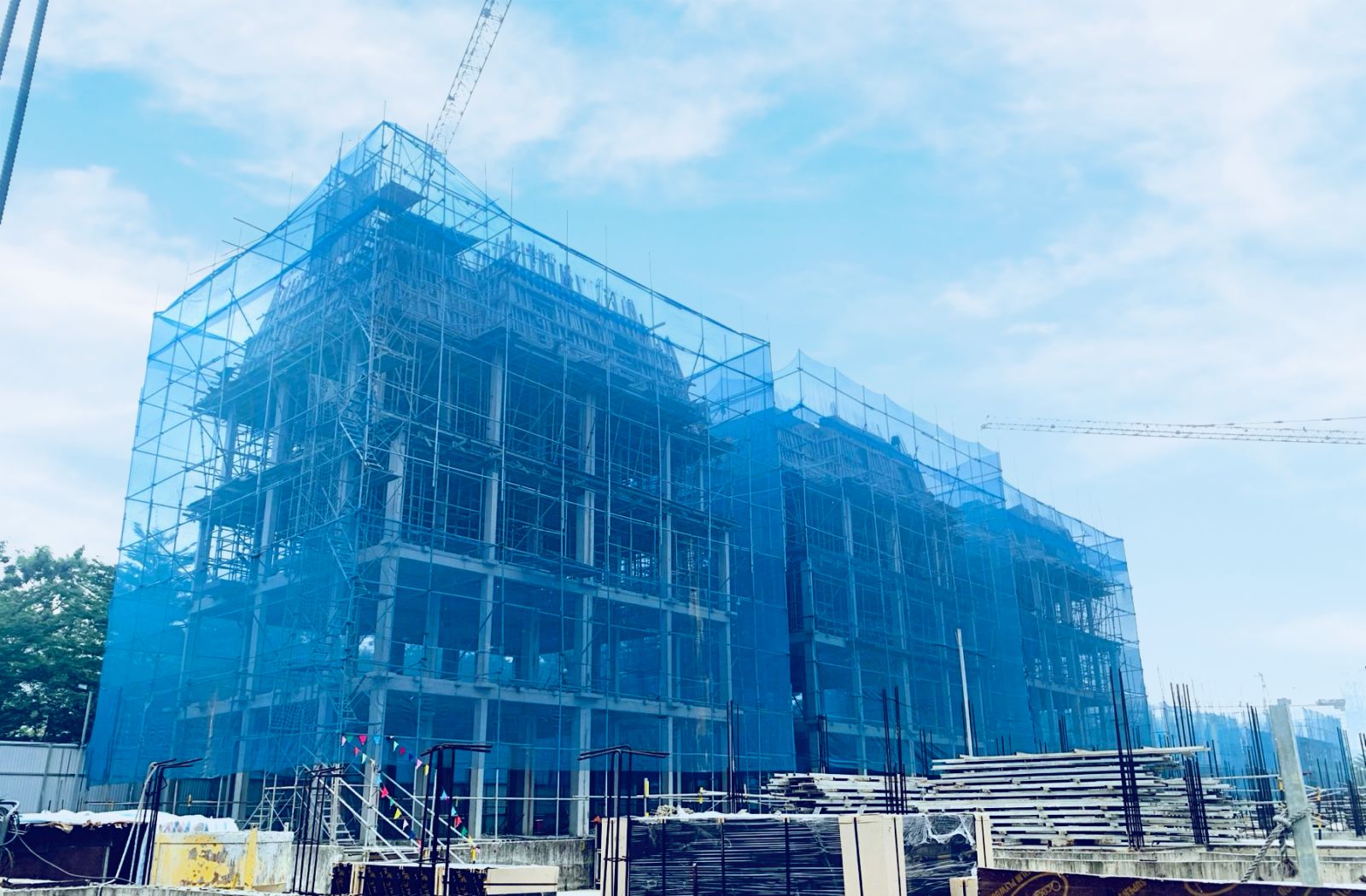
Restructuring products for end users is the target of real estate businesses in 2024.
For example, recently, according to the announcement from Chairman of Sunshine Group, Mr. Do Anh Tuan, in 2024, the corporation will launch 5 major projects with nearly 10,000 condominiums and low-rise villas in Hanoi. “2024 will be a strategic turning point for Sunshine Group as we simultaneously complete legal procedures for many large-scale projects, bring products to end users, balance supply and demand in the market to contribute to reducing housing prices due to a lack of supply”, Mr. Tuan affirmed.
“Along with the government’s push for public investment, accelerating the progress of completing infrastructure, the multi-billion projects that we have launched and introduced will contribute to improving the urban landscape, creating strong connectivity hubs, promoting socio-economic development and GDP growth, providing employment opportunities and income for hundreds of thousands of workers”, Mr. Tuan said.
Together with Sunshine Group, many other large real estate businesses also have new strategies. Mr. Tran Xuan Ngoc – CEO of Nam Long Group shared that one of the important targets of the group is to bring affordable housing products to customers and improve customer access, which means not only releasing products at preferential prices but also meeting the actual needs of the market.
According to Mr. Ngoc, to prepare for the recovery, businesses must be willing to forgo small benefits to help customers overcome this difficult period by building policies focused on customers, in which businesses will play a coordinating role, collaborating with relevant parties from banks to contractors, suppliers… to create the best conditions for homebuyers.
Mr. Vo Huynh Tuan Kiet, Director of CBRE Vietnam, assessed that 2024 is a time of intersection, when businesses redefine their development and investment strategies. Mr. Kiet believes that both real estate businesses and individual investors need to restructure their investment plans to adapt to new challenges and opportunities from Land Law, Real Estate Business Law, and Housing Law.
Mr. Kiet also observed that this year, developers are encouraged to restructure their capital and product quality to create greater confidence for customers, especially in terms of project legality. If these issues are resolved, it will create sustainable opportunities for businesses and the market, and welcome new growth in the next cycle.
It can be said that with the support of the government and ministries, the restructuring of products and prices is one of the many solutions that real estate businesses are focusing on during the strong restructuring process in recent times. Faced with difficulties in liquidity, businesses have calculated various solutions to restructure product prices and stimulate market demand.


